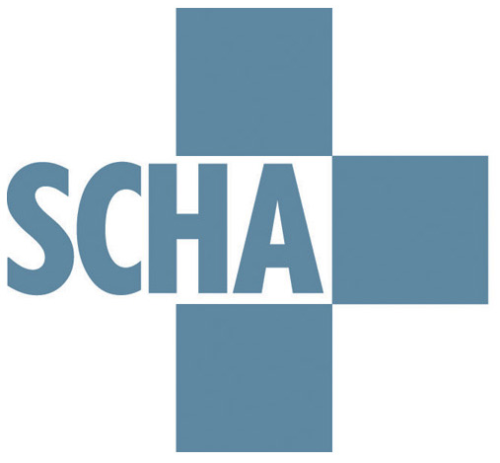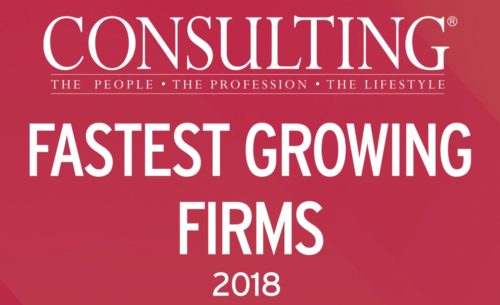Playbooks composed of familiar plays like ‘Hail Mary’s’ guide football teams to victory every year, but what are the strategies that get them to championships? For many, it comes from the trick plays designed specifically for those players in that moment to win the tough games. As a Clemson University graduate I’ve been front row for both the traditional and trick plays resulting in victory, and even a few losses.
Similarly, healthcare organizations have long relied on traditional strategy playbooks to help answer the tough questions and guide their businesses to growth and success. As the healthcare landscape evolves, hospitals and health systems are less able to rely on traditional plays to stay in the game. With new reimbursement models, compressing margins, and a renewed emphasis on patient choice, healthcare organizations are challenged to adopt creative and data-driven strategies to optimize revenues, outperform competition, and ultimately disrupt the market.
As consumerism and innovation continue to influence the industry, how do you think the role of the traditional playbook will influence winning seasons in healthcare? Perhaps instead of using traditional playbooks to give us answers, we need a new playbook that challenges us to ask the right questions.







